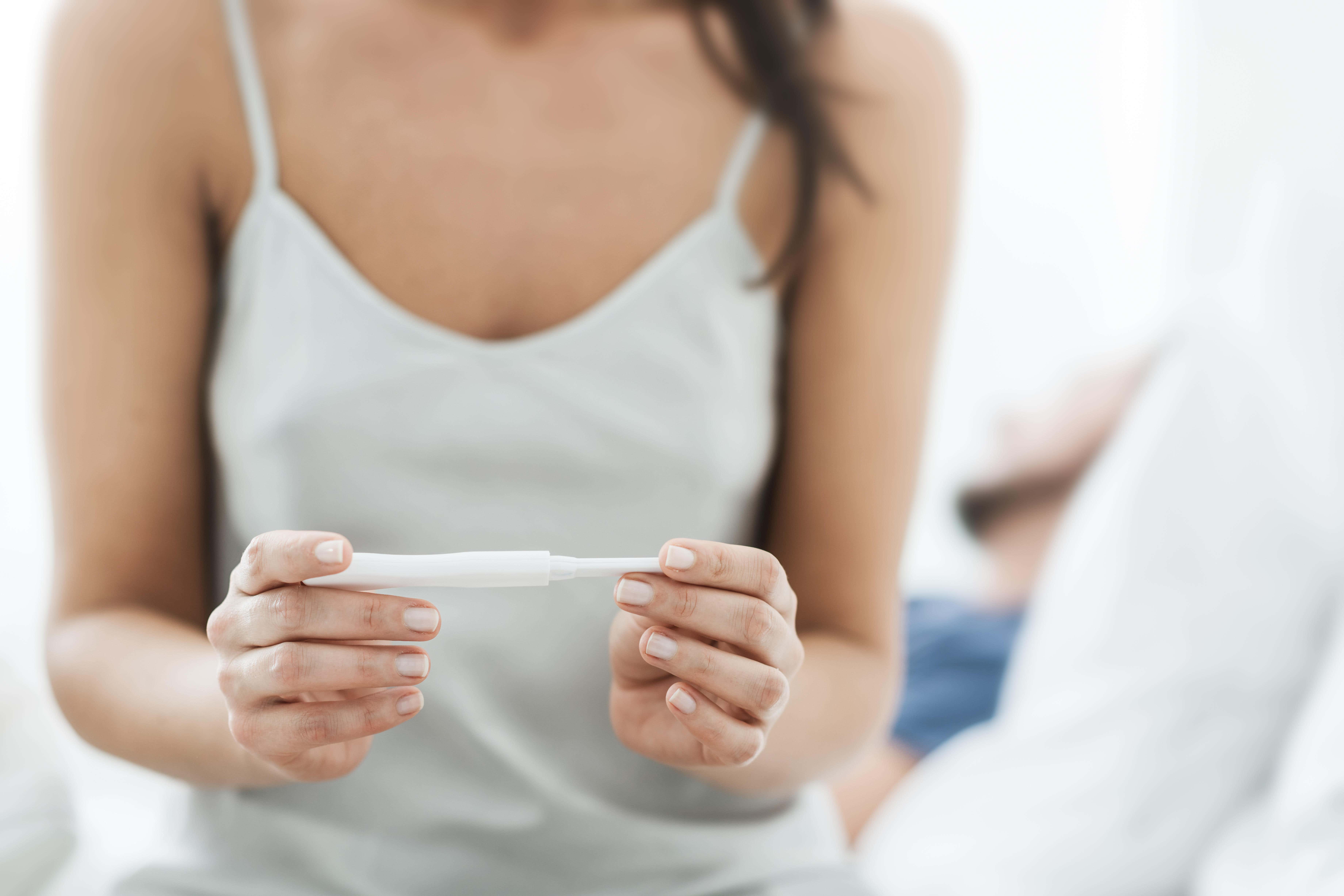More than half of mothers now have babies with the help of medical intervention, according to an audit of NHS maternal care.
The National Maternity and Perinatal Audit (NMPA) reported that of the 592,594 births that took place in 2023, 50.6 per cent involved either a caesarean section or the use of instruments such as forceps or a ventouse suction cup.
The report warned that the shift in the mode of birth could lead to “increased demands on the maternity services workforce (midwifery, obstetric, theatre and anaesthetic staffing groups) and resources, such as theatres and postnatal ward bed pressures due to increased length of stay.”
The NMPA added that an “increase in interventions may also impact postpartum recovery for women and birthing people.”
The proportion of babies born via caesarean in particular has sharply increased from 25 per cent in 2015-16 to 38.9 per cent in 2023, according to the NMPA, who stipulated that “while unnecessary interventions may lead to adverse outcomes, it is important to note that there is no ‘ideal’ rate for births by caesarean and that overall caesarean rates must not be used to assess the performance of a trust/board.”
Meanwhile, the proportion of births induced also went up from 29.3 per cent to 33.9 per cent, although the audit didn’t express a reason for the increase as the indication for induction was not made available in the datasets.
While medical intervention has increased overtime, the proportion of forceps and ventouse cups has gone down from 12,3 per cent to 11.1 per cent.

Dr Shuby Puthussery, an associate professor in maternal and child health at the University of Bedfordshire, told The Guardian that the “worrying” increase in medical intervention could be linked to the increasing trend of older women giving birth.
“It’s worrying that over 50 per cent of births involved medical intervention. But it’s linked to a broader demographic trend,” she said.
“We see a rather worrying trend of births to [older] women increasing year by year, along with significant increases in factors such as obesity, maternal diabetes and pre-existing medical conditions, leading to more complex medically assisted births, especially among women from ethnic minority groups and those living in poverty.”
In 2023, 23.1 per cent of births were emergency caesareans, while 19.4 per cent were planned.
The NMPA is a joint audit organised by researchers from the London School of Hygiene & Tropical Medicine, as well as the Royal College of Obstetricians and Gynaecologists, Royal College of Midwives, and the Royal College of Paediatrics and Child Health.
Data from the Office for National Statistics revealed that the fertility rate for England and Wales plummeted to a record low after falling for three consecutive years, with births barely outpacing deaths.
The total fertility rate – defined as the average number of children women would expect to have across their childbearing life – stood at 1.41 in 2024, down from 1.42 in 2023 and the lowest since records began in 1938.
Mandelson feels ‘awful’ about Epstein friendship after Starmer sacking: Latest
‘I went to A&E with horrific abdominal pain, but then they found a 2kg tumour’
Concern over late-stage diagnosis of cancer
‘Arson attack’ on MP’s office wrecks charity and veterans’ mental health unit
Mom nearly died after catching flesh-eating bacteria on the beach
Teen pregnancy 10 times more likely in low-income households, study finds







